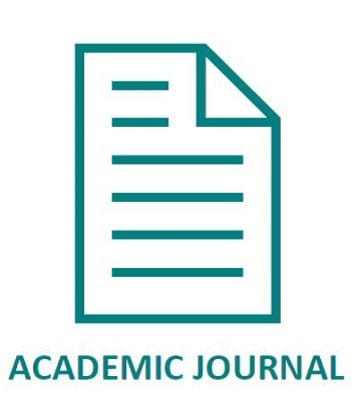Valuing the improvement of a decommissioned heritage site to a multifunctional water sensitive greenspace
Abstract
In this paper, we assess residents' preferences for different options of large-scale water sensitive urban improvement of a heritage site in Melbourne, the Main Outfall Sewer (MOS) reserve. We use a hedonic pricing analysis and a discrete choice experiment to understand the benefits associated with improving the MOS reserve. We find that there are significant non-market benefits associated with various options, both in terms of the potential to reflect increases in house value and in terms of people's willingness to pay for improvements in amenity and environmental quality. This information will contribute to determining investment options for this important heritage site. Importantly, we demonstrate the combination of the hedonic and stated choice willingness to pay estimates to provide an aggregate estimate of welfare, revealing a useful approach for greenspace valuation applications where multiple non-market values should be considered.
Note: Journal articles and conference papers (and links where available) are available under open access arrangements where possible. Otherwise please contact your institution’s library, the authors, or publishers to organise full access.
